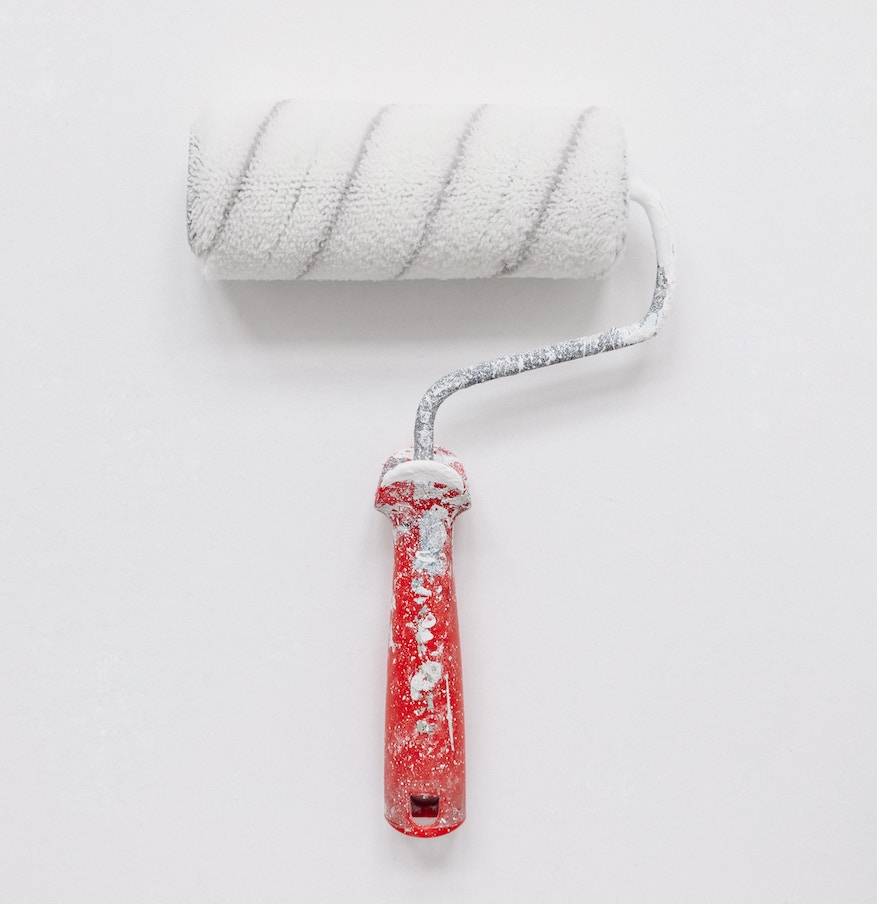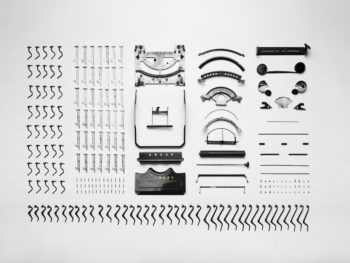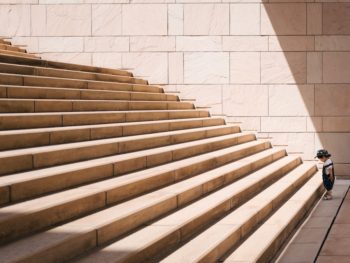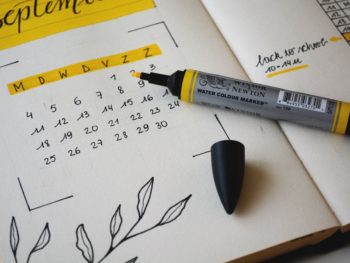
“My period started again,” I said, passing by my husband, Dyami, in our living room. By “again”, I meant two days after it finished.
He sat watching TV, but looked up at me with concern. “You okay?” he asked, muting the sound.
“I’m fine,” I said. I tried to pretend I believed that.
Saying “fine” was, at best, wishful thinking. I wanted to be okay with my newly irregular periods. I wanted to be okay with what they could mean.
I feared it might signal menopause.
All periods are mundane, but each one—or its absence—can upend your life. I already experienced the loudest change, pregnancy: parenthood grabbing my body and transforming it into an incubator to my two beloved daughters.
But that particular rollercoaster is nearly eight years in the past. After our second baby, my husband got a vasectomy, I stopped nursing, and periods became exquisitely ordinary. Foolishly, I thought they no longer held surprises.
Until, in the last few months, not yet forty, my ovaries stopped behaving themselves. Periods came more frequently, not less. Clearly, my fertility had a trick up its sleeve.
But what, exactly?
The month before, during another weird period, I Googled my symptoms. They could mean I was sick in some unusual way. Or, more likely, my body could be starting a journey into menopause.
I did not want to be sick. But was I ready to be old?
At thirty-nine, I’d thought myself too young to ask that question.
When I was a teenager, my mom, then in her mid-fifties, started noticing hot flashes. She told me my grandmother started menopause late as well. I tucked that bit of family medical history away like a lucky charm. I would not have to worry about “getting old” for a long time.
I told myself I wouldn’t care about aging, anyway. I would age with pride, dignity, and equanimity.
I felt sure I’d stay blasé.
But as my period stuttered, I didn’t feel blasé.
Smiling stiffly at my husband and his questions, I marched up the stairs to our bedroom. It was getting late. I needed to wind down for the night.
It’s fine, I told myself again. I didn’t want to whine or complain about it. If it was The Change, it was natural. Healthy womanhood, not a crisis.
I distracted myself with a book in our bed. A few minutes later, I barely registered Dyami coming into the bedroom. He sat down next to me and put his arm on my stomach, as if protecting me from something.
“Are you sure you’re this okay with the possibility of menopause?” he said. “I’m surprised it doesn’t seem to bother you.”
I wanted to tell him he was wrong, that menopause was natural, and that I was ready to get older. That I looked forward to the wisdom and freedom of middle age.
But when I looked up into Dyami’s face to tell him that, I started to cry.
No—I started to wail. And then I opened my mouth and made things worse.
“I don’t care how I’ll look after menopause,” I almost shouted at him. “I don’t care, I don’t care, I don’t care.”
Even as I shouted it I knew I protested too much. Clearly I cared a lot.
The Change was coming, my body insisted. Even if these symptoms were red herrings, I would experience menopause eventually. But who would I change into? What kind of woman would I become? Would I like that person when I met her?
Dyami got me a box of Kleenex while I considered who I wanted to become. And then, clear as day, I knew. I thought of a woman I’d known slightly almost twenty years ago. Her name had vanished from my mind, but regardless, I wanted to age like her.
I pictured her as I best remembered her: wearing paint-spattered overalls, pigtails, no makeup, and a pair of men’s underwear on her head….
I was over at The Same last week, musing how feminism, menopause and beauty all intersect with my sometimes-fraught relationship with my mom. Won’t you join me there?













 How Courageous Persistence Can Lead to Hope: For iBelieve
How Courageous Persistence Can Lead to Hope: For iBelieve